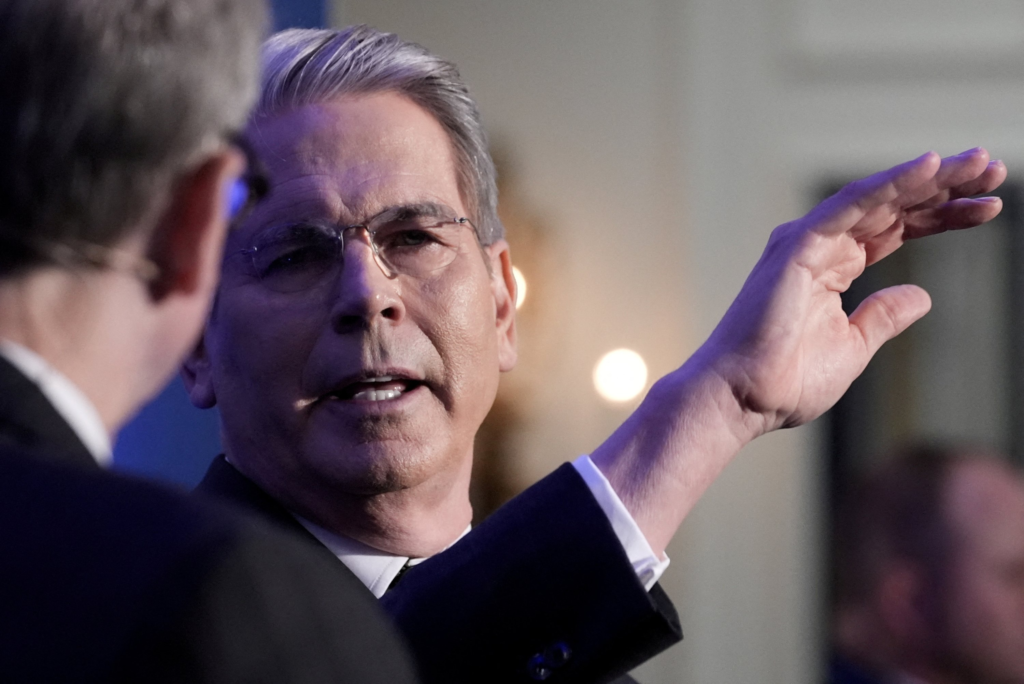Introduction
As Donald Trump prepares for a potential return to the White House in 2025, his campaign’s trade strategy is once again taking center stage. Recently, Trump adviser Vance Bessent defended the former president’s use of tariffs, arguing that the element of “strategic uncertainty” is a deliberate and powerful tool in global negotiations. But what does this actually mean for the U.S. economy—and why is Bessent doubling down on this unpredictable approach? Here are the top five reasons behind his endorsement of Trump’s evolving tariff strategy.

1. Strategic Uncertainty Creates Leverage
According to Bessent, uncertainty around Trump’s tariff policies keeps foreign governments and corporations on edge. This unpredictability forces trade partners to approach negotiations with caution, giving the U.S. a tactical edge.
- Foreign exporters stay wary of sudden U.S. tariff hikes
- Creates urgency for favorable trade deals
- Discourages long-term dependence on U.S. markets without reciprocity
2. Reinforces Economic Nationalism
Bessent emphasized that tariffs embody Trump’s broader “America First” economic agenda. Strategic tariffs support domestic manufacturing and reduce reliance on foreign imports, a popular theme among Trump’s voter base.
- Incentivizes local production
- Reduces trade deficits
- Appeals to working-class voters in manufacturing states
3. Deters Trade Manipulation
The element of unpredictability, Bessent argues, deters foreign governments from manipulating trade terms. The potential for sudden policy shifts makes it riskier for nations like China to undercut U.S. industries.
- Protects intellectual property
- Challenges China’s economic influence
- Blocks low-cost dumping of foreign goods
4. Supports a Dynamic Negotiation Style
Trump’s negotiation tactics have always leaned on volatility. Bessent defends this as intentional, stating it prevents the U.S. from being locked into rigid global trade frameworks.
- Encourages bilateral over multilateral deals
- Enhances U.S. flexibility in trade talks
- Prevents complacency in foreign trade policy circles
5. Keeps the Opposition Guessing
Bessent believes the ambiguity in Trump’s approach is its greatest asset. It keeps both political rivals and trade partners unsure of the next move—creating a strategic advantage.
- Disorients trade adversaries
- Makes retaliation difficult to plan
- Turns economic policy into a form of geopolitical strategy
Conclusion
While critics argue that unpredictability in trade harms global markets and business planning, Bessent insists it’s a deliberate strategy designed to benefit American interests. Whether Trump’s “strategic uncertainty” in tariffs is an economic masterstroke or a high-risk gamble remains to be seen—but it’s clear the former president plans to double down on this playbook if reelected.
Want to learn more about Trump’s economic platform? Check out our breakdown: Trump’s 2024 Economic Agenda Unpacked.
External Source: Wall Street Journal – U.S. Tariff Strategy Coverage










